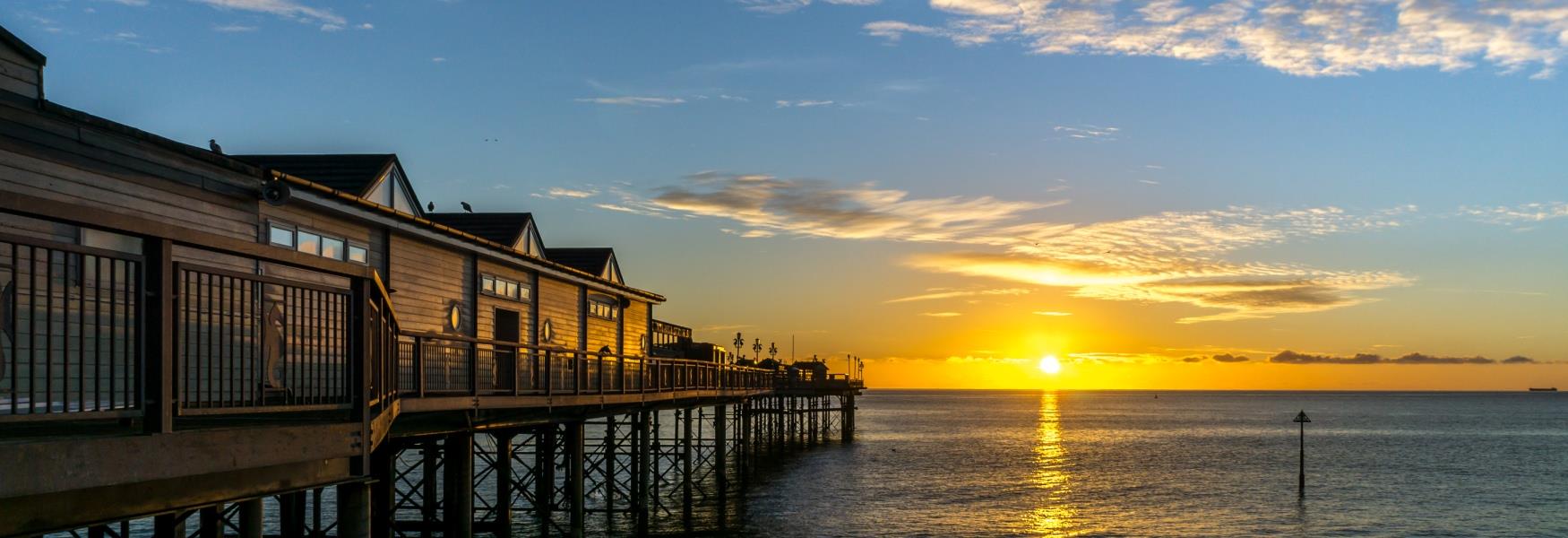.png) Nestled in the picturesque landscapes of southwest England, Devon boasts a rich history that has birthed and nurtured several individuals who have left an indelible mark on various fields, for better or for worse! From intrepid explorers to literary luminaries, here are some of the famous historical figures who have roots in Devon.
Nestled in the picturesque landscapes of southwest England, Devon boasts a rich history that has birthed and nurtured several individuals who have left an indelible mark on various fields, for better or for worse! From intrepid explorers to literary luminaries, here are some of the famous historical figures who have roots in Devon.
Agatha Christie
Torquay, a quaint seaside town on the English Riviera, is the birthplace of one of the most brilliant minds in crime fiction, Agatha Christie. Born in 1890, Christie's imagination gave life to iconic detectives like Hercule Poirot and Miss Marple. Her intricate plots and ingenious storytelling earned her the title "Queen of Mystery."
Growing up in Torquay, Christie developed a love for the outdoors and a fascination with the local surroundings. The landscapes, coastline, and countryside of Devon would later serve as inspiration for many of the settings in her novels. The echoes of her mysteries still resonate in the corridors of Greenway Estate, her former residence turned National Trust property.
To celebrate her life and work, an annual Agatha Christie Festival takes place in Torquay and the surrounding areas. The festival includes events, performances, and discussions related to her novels, detective stories, and her impact on literature.
Sir Frances Drake
Born around 1540 in Tavistock, Sir Francis Drake's name resounds through the records of maritime history. A celebrated sea captain, privateer, and explorer, Drake is renowned for his daring circumnavigation of the globe between 1577 and 1580. His expeditions not only expanded England's territorial claims but also played a pivotal role in thwarting the Spanish Armada in 1588.
While Sir Francis Drake is often celebrated as a hero for his maritime achievements, there are also aspects of his legacy that are widely controversial. Drake was involved in privateering, which was essentially state-sanctioned piracy; his raids on Spanish colonies and ships were essentially acts of piracy in the eyes of the Spanish Empire.
Drake was also involved in the transatlantic slave trade. During his voyages to the West Indies, he captured and transported African slaves to be sold as part of the brutal slave trade. While Drake's accomplishments as an explorer and his contributions to England's maritime history are widely acknowledged, his involvement in morally questionable actions cannot be ignored.
Sir Walter Raleigh
Hayes Barton near Budleigh Salterton witnessed the birth of Sir Walter Raleigh around 1552. An adventurer, poet, and courtier, Raleigh's efforts to establish English colonies in North America and his contributions to literature have left an unforgettable legacy. Beyond exploration, he introduced tobacco to England and potatoes to Ireland, forever altering culinary landscapes.
Much like Sir Frances Drake, Sir Walter Raleigh has been decorated as a hero for hundreds of years but he too took part in some awful expeditions. Raleigh was a key figure in England's attempts to establish colonies in the New World, particularly in present-day North Carolina. While these endeavours played a role in English expansion, they also led to conflicts with indigenous populations and contributed to the displacement and suffering of Native American communities.
Additionally, like many of his contemporaries, Raleigh was involved in the slave trade, which caused immense suffering and exploitation of African people. Whilst it’s important to recognise his achievements, it’s equally, if not more, important to highlight his wrongdoings.
Thomas Newcomen
The Industrial Revolution was very much powered by Thomas Newcomen's invention—the atmospheric steam engine. Born in Dartmouth, Newcomen's pioneering engineering prowess revolutionized industries, especially mining. His legacy is etched in the churning wheels and pistons that drove the engine of progress.
Newcomen's work was a significant leap forward in harnessing steam power for practical purposes, leading to advancements in mining, manufacturing, and transportation. You can actually visit the Newcomen Engine, the oldest preserved working steam engine in the world, at the Dartmouth Visitor Centre. Find out more about it here.
Charles Babbage
Charles Babbage was born in 1791, heralding a new era in technology. While he wasn't born in Devon, he did spend some of his childhood there. After his father's death, Babbage's mother moved the family to the county, where they lived in various locations, including Teignmouth. Babbage's formative years in Devon's natural surroundings may have influenced his interest in the sciences and engineering.
Regarded as the "father of the computer," Babbage's visionary design of the "Analytical Engine" laid the foundations for modern computing. His impact resonates in every keystroke and algorithm that defines our digital age. Of course, we must not forget that many of his achievements were made possible by the help of Ada Lovelace, a mathematician and writer, best known for her work on Charles Babbage's early mechanical general-purpose computer, the Analytical Engine.
Lady Nancy Astor
Lady Nancy Astor, whose full name was Nancy Witcher Langhorne Astor, was a British-American socialite and politician who became the first woman to take her seat in the House of Commons of the United Kingdom. She played a significant role in breaking gender barriers in British politics and advocating for women's rights.
Lady Nancy Astor's ties to Plymouth are notably linked to her role as the Member of Parliament for Plymouth Sutton. In the 1919 by-election, she stood as the Conservative candidate, winning the seat that had been left by her husband, Waldorf Astor after he stood down. Her victory marked her as the first woman to take a seat in the British Parliament. Representing Plymouth Sutton until her retirement in 1945, Lady Astor engaged actively with local matters and used her platform to advocate for child welfare, education, housing, and healthcare. In recognition of her impact, Astor Park in Plymouth stands as a tribute to her contributions and legacy.
Devon's tapestry is woven with the threads of these remarkable historical figures, each contributing a unique hue to its rich heritage. We are reminded that not only does great food come from Devon (yes, of course we’re talking about the cream tea!) but also a number of great people… plus a handful of historically significant people with both good and bad reputations!
If you enjoyed reading this, you might be interested to know about other famous people with connections to South Devon, if so, head to our blog post here.
Stay connected to Visit South Devon by following us on Facebook, Instagram and Twitter (or X, as it’s now known!) We’ll keep you up to date with our latest blog posts, competitions, offers and more!
Related
Comments
Comments are disabled for this post.



 to add an item to your Itinerary basket.
to add an item to your Itinerary basket.










